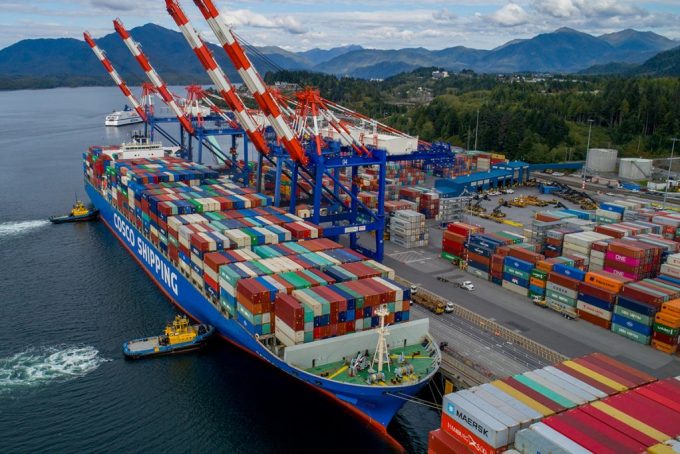Maersk warns of delays in Rotterdam after port workers' strike
Maersk has advised that, following a strike at Hutchison Port Delta II in Rotterdam on ...

The renewed strike at 30 Canadian ports has been called off, for now, after a see-saw of work and walk-outs.
The past 36 hours have been a rollercoaster for anybody involved with cargo flowing through the ports in British Columbia, with the strike by longshoremen flipping between resumption and being called off.
As of noon yesterday, it is off, within hours of the International Longshore and Warehouse Union (ILWU) calling it on.
It is unclear though, how the situation will evolve. The federal ...
Volcanic disruption at Anchorage could hit transpacific airfreight operations
Macron calls for ‘suspension’ – CMA CGM's $20bn US investment in doubt
Forwarders stay cool as US 'liberation day' tariffs threaten 'global trade war'
De minimis exemption on shipments from China to the US will end in May
Shippers snap up airfreight capacity to US ahead of tariff deadline
Tighter EU import requirements proving 'a challenge' for forwarders
Looming Trump tariffs will create 'a bureaucratic monster' for Customs

Comment on this article